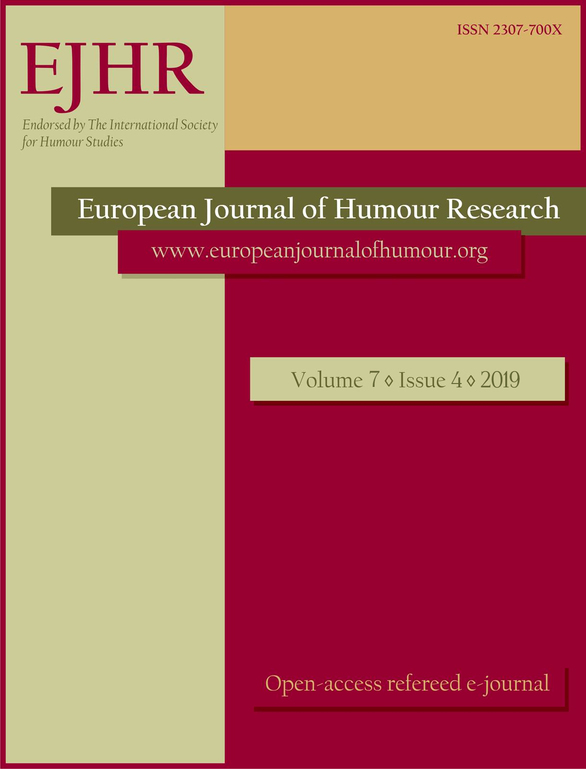Translating irony into Arabic – who’s having the last laugh?
Translating irony into Arabic – who’s having the last laugh?
Dubbing Monsters Inc.: Egyptian vernacular vs. modern standard Arabic
Author(s): Rashid Yahiaoui, Basema Alqumboz, Ashraf Fattah, Amer Al AdwanSubject(s): Language and Literature Studies, Theoretical Linguistics, Applied Linguistics, Semantics, Pragmatics, Descriptive linguistics, Film / Cinema / Cinematography, Translation Studies
Published by: Krakowskie Towarzystwo Popularyzowania Wiedzy o Komunikacji Językowej Tertium
Keywords: Audiovisual translation; dubbing; humor translation; irony; MSA;Arabic vernaculars;
Summary/Abstract: Monsters Inc., an animated feature film produced by Pixar Animation Studios in 2001, received significant recognition worldwide. The film was nominated in 2002 for the ASCAP Film and Television Music Awards by the Box Office Films. Two dubbed versions of the film were later released with Arabic translations using Egyptian Vernacular, a spoken dialect, and Modern Standard Arabic, used primarily in formal, written communications. This study examines humor in translation and irony as humor which represents a common technique in “Pixar plotting”. The research investigates the strategies, types, and categories of irony as humor within the translations and the success of those translations at accurately transmitting the humorous meaning. Aimed towards exploring the problems of translating irony across languages and cultures, this research examines the shifts in translations between the two Arabic language versions, using an interdisciplinary theoretical approach encompassing humor studies, audiovisual translation studies, and descriptive translation studies. Furthermore, the research adopts Muecke’s (1978) classification of irony markers to categorize and identify the strategies used in translating irony as humor. The study finds that the two different versions of Arabic utilize similar strategies at certain times and divergent ones at others. They include explication, substitution, omission or addition, in translating irony as humor, with each strategy succeeding or failing at varied levels of meaning transmission. The research suggests that translators’ creativity, or lack thereof, and the language variant used are primarily responsible for the success or failure of transmitting irony as humor for dubbing into Arabic.
Journal: The European Journal of Humour Research
- Issue Year: 7/2019
- Issue No: 4
- Page Range: 32-46
- Page Count: 15
- Language: English

